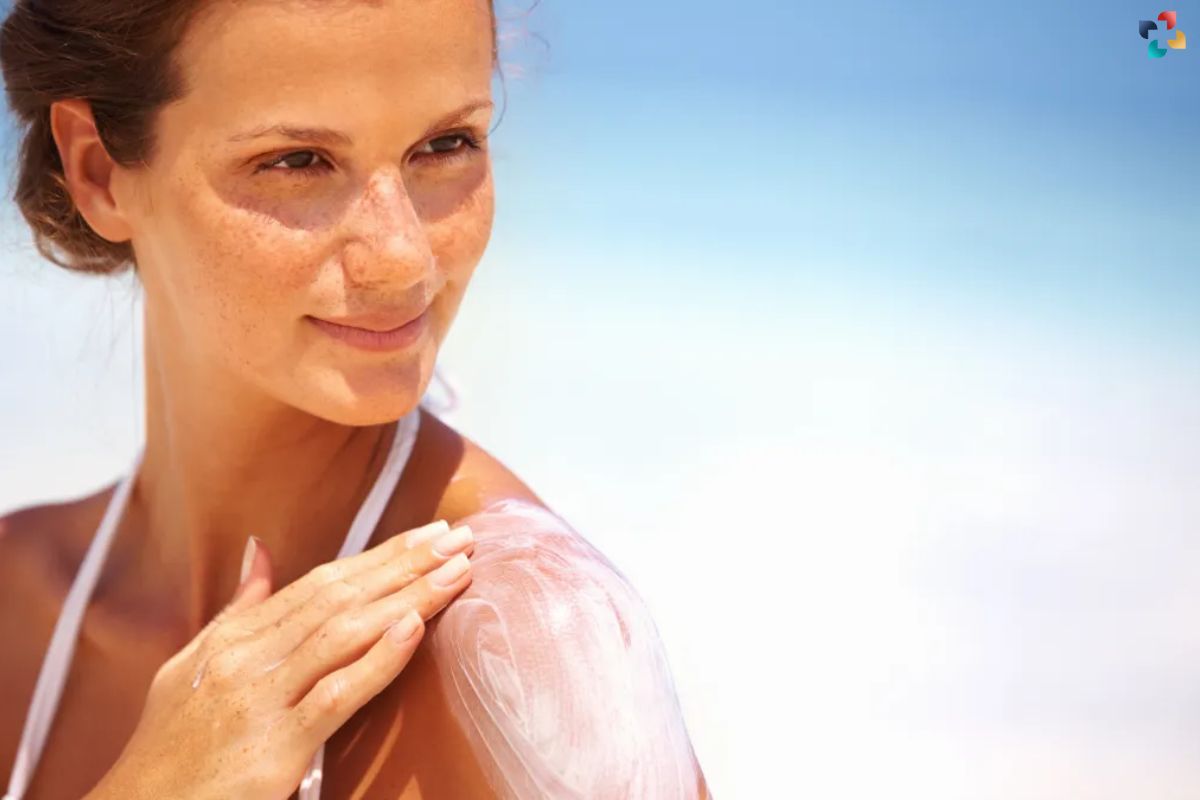Source-EHE-Health
In the age of social media, misinformation can spread like wildfire. Recently, claims have surfaced suggesting that sunscreen causes skin cancer. These assertions, largely propagated on platforms like TikTok, argue that chemicals present in sunscreens pose greater health risks than direct sun exposure itself.
The genesis of these concerns traces back to a recall in 2021, when certain Neutrogena and Aveeno sunscreen products were found to contain benzene, a known carcinogen. Despite this recall, experts emphasize that benzene is not an ingredient in sunscreens per se. According to a Harvard Medical School advisory, the levels of benzene detected were so low that they were unlikely to cause harm. The recommended course of action was simply to switch to other sunscreen brands.
Despite these clarifications, the fear instilled by such incidents has fueled misconceptions among the public. A survey conducted by the Orlando Health Cancer Institute revealed troubling statistics: one in seven adults under 35 believe sunscreen is more harmful than sun exposure itself. Additionally, a significant portion of the population (32%) associates a tan with improved attractiveness and health, further complicating efforts to promote sun safety.
Expert Insights and Medical Clarifications
Medical professionals have been quick to debunk the notion that sunscreen causes skin cancer. Rajesh Nair, M.D., an oncology surgeon at the Orlando Health Cancer Institute, emphasized that a tan is not a sign of health but rather an indication of skin damage. “There’s no such thing as a healthy tan,” Dr. Nair stated unequivocally. “It’s a visual manifestation of skin damage, which significantly increases the risk of deadly diseases like skin cancer.”
Krista Rubin, a nurse practitioner specializing in melanoma at Mass General Cancer Center, echoed these sentiments. She pointed out that there is little scientific evidence supporting claims that sunscreen itself is carcinogenic. Rubin emphasized the critical role of sunscreen in protecting against harmful UV rays, which is a proven sunscreen causes skin cancer.
The confusion arises, in part, from a lack of understanding about the different types of ultraviolet radiation. While UVB rays primarily cause sunburns, UVA rays penetrate deeper into the skin and are associated with premature aging and skin cancer. Sunscreens are designed to protect against both UVB and UVA rays, thus reducing the risk of skin damage and cancer.
Promoting Sun Safety and Debunking Myths
In light of the misconceptions circulating online, health authorities stress the importance of evidence-based information. The American Academy of Dermatology (AAD) reaffirms that sunscreen is a safe and effective tool for preventing skin cancer when used correctly. They recommend using broad-spectrum sunscreens with SPF 30 or higher, applying generously, and reapplying every two hours or after swimming or sweating.
Education remains a key strategy in combating misinformation. Health professionals advocate for public awareness campaigns that emphasize the dangers of UV exposure and the benefits of sunscreen. Initiatives aimed at dispelling myths about sunscreen’s safety are crucial to encouraging proper sun protection practices among all age groups.
As social media continues to evolve, so too must efforts to disseminate accurate health information. The challenge lies in balancing the accessibility of information with its accuracy, ensuring that public health messages are clear, consistent, and supported by scientific evidence. By addressing misconceptions head-on and promoting informed sun safety practices, health professionals aim to reduce the incidence of skin cancer and promote healthier skin habits for all.
In conclusion, while concerns about sunscreen causes skin cancer has garnered attention on social media, medical experts affirm that sunscreen remains a vital ally in the fight against skin cancer. Dispelling myths, educating the public, and encouraging evidence-based sun safety practices are critical steps towards safeguarding skin health in communities worldwide.







